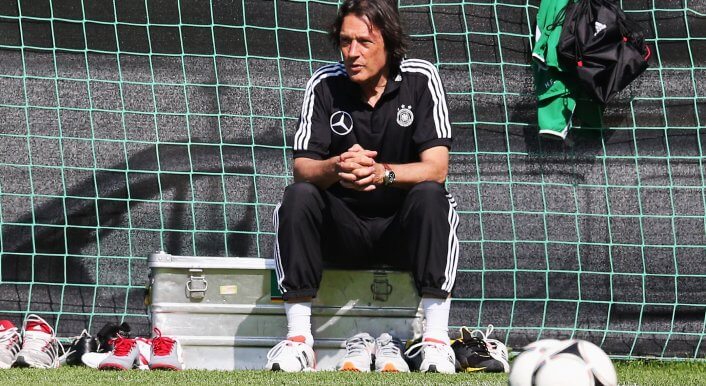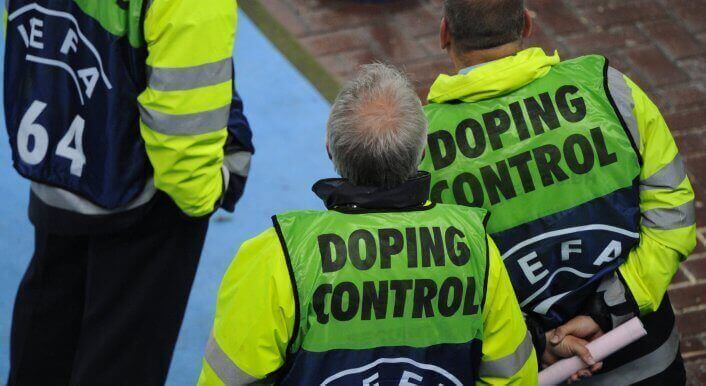Trouble on Corsica
Fabrizio Ravanelli has played for Juventus Turin from 1992 to 1996. At that time Juve was involved in one of the biggest doping scandals football ever had. Ravanelli became a coach. Last Sunday the French club AJ Ajaccio (Ligue 1) fired him. According [to LeMonde](http://mobile.lemonde.fr/sport/article/2013/11/06/les-methodes-contestees-de-fabrizio-ravanelli-ex-entraineur-d-ajaccio_3509203_3242.html) one of his former players blamed Ravanelli to force players to take dubious nutrition supplements.

Ravanelli came to Ajaccio in June. Before that he led the training centre at and the reserve team of Juventus Turin. Ravanelli brought his longtime companion to Corsica, athletics trainer Giampiero Vetrone. Ravanelli and Vetrone got to know each other back in 1994 at Juventus Turin.
According to LeMonde Vetrone looked in his time with Juventus also after Zinedine Zidane and Didier Deschamps. High blood values of the latter have been again widely discussed a couple of months ago. Vetrone also took care of the 2006 Italian World Champions.
The club from the small town of Ajaccio plays in the first league in France. Five months ago Ravanelli and Vetrone brought a little glamour to Corsica. But because of bad performances – only one win in twelve games – the club fired Ravanelli on Sunday.
Now one of Ravanelli’s former players came forward and complained about his ex-trainer. Defender Cedric Hengbart said that Ravanelli did not let him start because Hengbart refused to take the mandatory nutrition supplements. According to LeMonde creatine, proteines and a carbohydrate mix have been among these supplements.
Almost no resistance against the supplements?
“From the beginning of the season he called upon us to take it“, said Hengbart according to LeMonde on the French TV channel Canal+ Sport. „I have been one of only a few who refused to take it.“ Hengbart said he played more then ten years in professional football without quack remedies and he does not want to start it at age 33. „To me it feels a bit like doping, even if these products are not doping.“
Creatine and other nutrition supplements are not on the doping list at the moment. Still, it is obvious that players who regularly take nutrition supplements have a lower inhibition level to use doping.
To summarize: A coach and his athletic trainer, both with close ties to doping in their past, are said to force their players to take nutrition supplements. And they are said to punish players who do not take part. If Cedric Hengbart’s description is true, this draws a dangerous picture.



